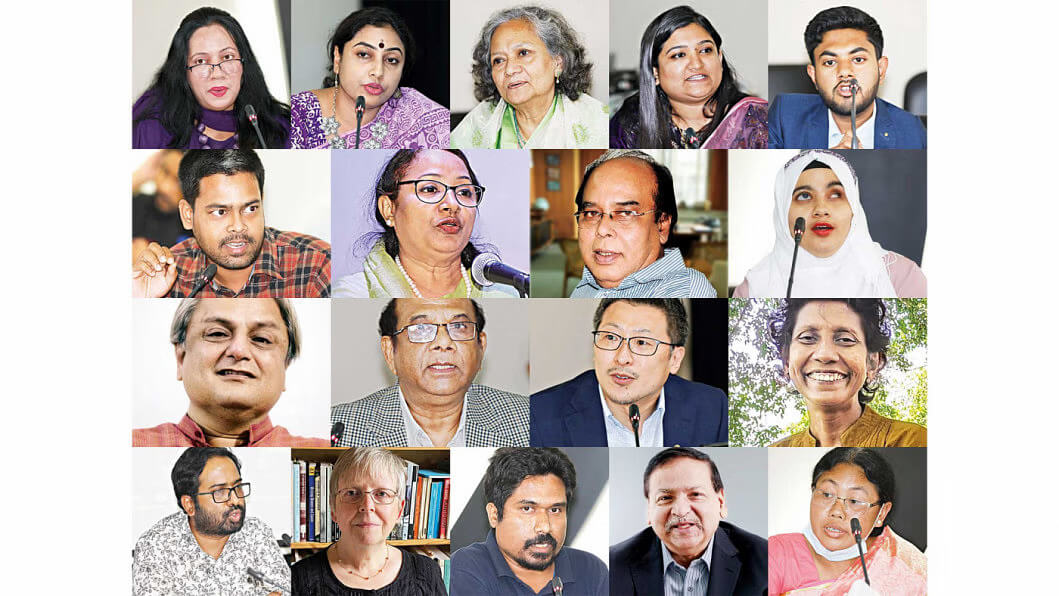
Rapid steps are taken ahead by a range of individuals and institutions to explore the interplay of intersectionality and gender in South Asia. The process is developed by GRRIPP https://www.thedailystar.net/round-tables/news/intersectionality-redressing-gender-drr-breakingthebias-2996861 and AIDMI contributed field reality from environmentally marginal patches in India including dessert, coastal, metro, and delta communities.
Desert pastoralist women struggle between camel care, home care, and care of the ecology as a wife, an animal owner, and as a protector of the ecology. Coastal women balance work and home; sea and land; and subsistence and cash economy. Women in delta areas stabilize work on main land and island; mangroves and rice cultivation; protection from tigers on land and crocodiles in the water.
South Asia must rethink its approach to international and national climate policy as well as in fact lead the world to sustainability by addressing intersectionality and women’s leadership.
Voices from these patches whisper moving away from climate change to climate justice.
“Black and brown economy kept or made us poor and now green ecology must support us to come out and move ahead to prosperity” said Somabhai in an arid village of north Gujarat, India.
For more information contact: Jyoti Agrawal at support@aidmi.org